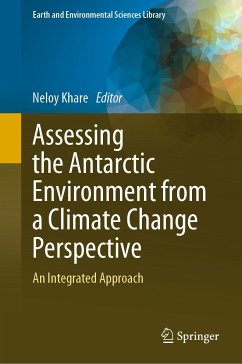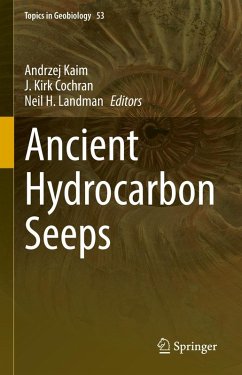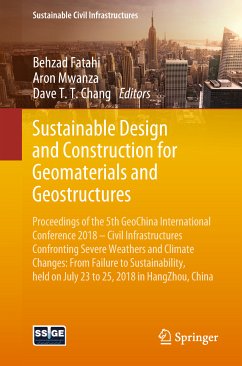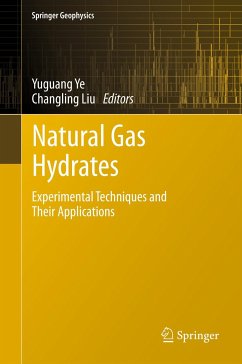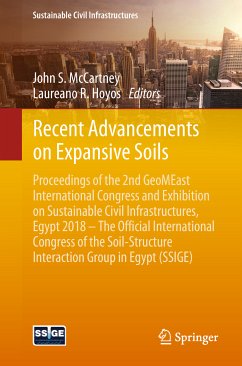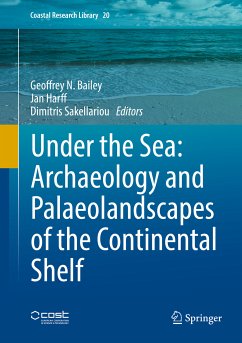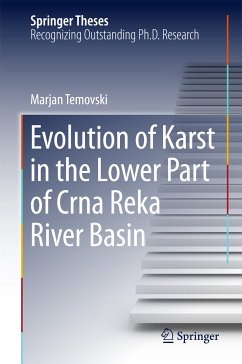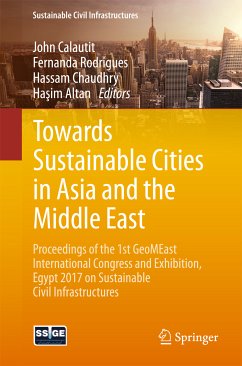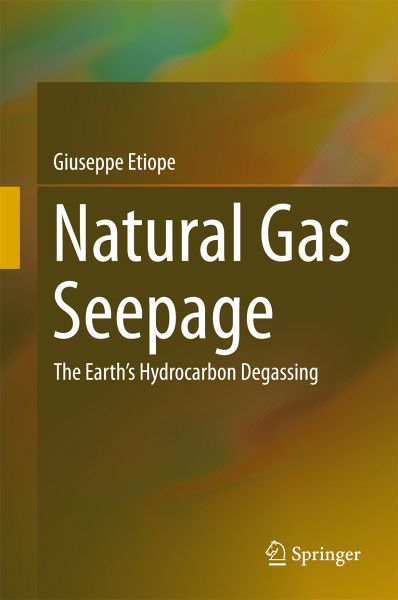
Natural Gas Seepage (eBook, PDF)
The Earth's Hydrocarbon Degassing
Versandkostenfrei!
Sofort per Download lieferbar
72,95 €
inkl. MwSt.
Weitere Ausgaben:

PAYBACK Punkte
36 °P sammeln!
The book offers a modern, comprehensive, and holistic view of natural gas seepage, defined as the visible or invisible flow of gaseous hydrocarbons from subsurface sources to Earth's surface. Beginning with definitions, classifications for onshore and offshore seepage, and fundamentals on gas migration mechanisms, the book reports the latest findings for the global distribution of gas seepage and describes detection methods. Seepage implications are discussed in relation to petroleum exploration, environmental impacts (hazards, pollution, atmospheric emissions, and past climate change), emergi...
The book offers a modern, comprehensive, and holistic view of natural gas seepage, defined as the visible or invisible flow of gaseous hydrocarbons from subsurface sources to Earth's surface. Beginning with definitions, classifications for onshore and offshore seepage, and fundamentals on gas migration mechanisms, the book reports the latest findings for the global distribution of gas seepage and describes detection methods. Seepage implications are discussed in relation to petroleum exploration, environmental impacts (hazards, pollution, atmospheric emissions, and past climate change), emerging scientific issues (abiotic gas and methane on Mars), and the role of seeps in ancient cultures. With an updated bibliography and an integrated analysis of available data, the book offers a new fundamental awareness - gas seepage is more widespread than previously thought and influences all of Earth's external "spheres", including the hydrosphere, atmosphere, biosphere, and anthroposphere.
Dieser Download kann aus rechtlichen Gründen nur mit Rechnungsadresse in A, B, BG, CY, CZ, D, DK, EW, E, FIN, F, GR, HR, H, IRL, I, LT, L, LR, M, NL, PL, P, R, S, SLO, SK ausgeliefert werden.




